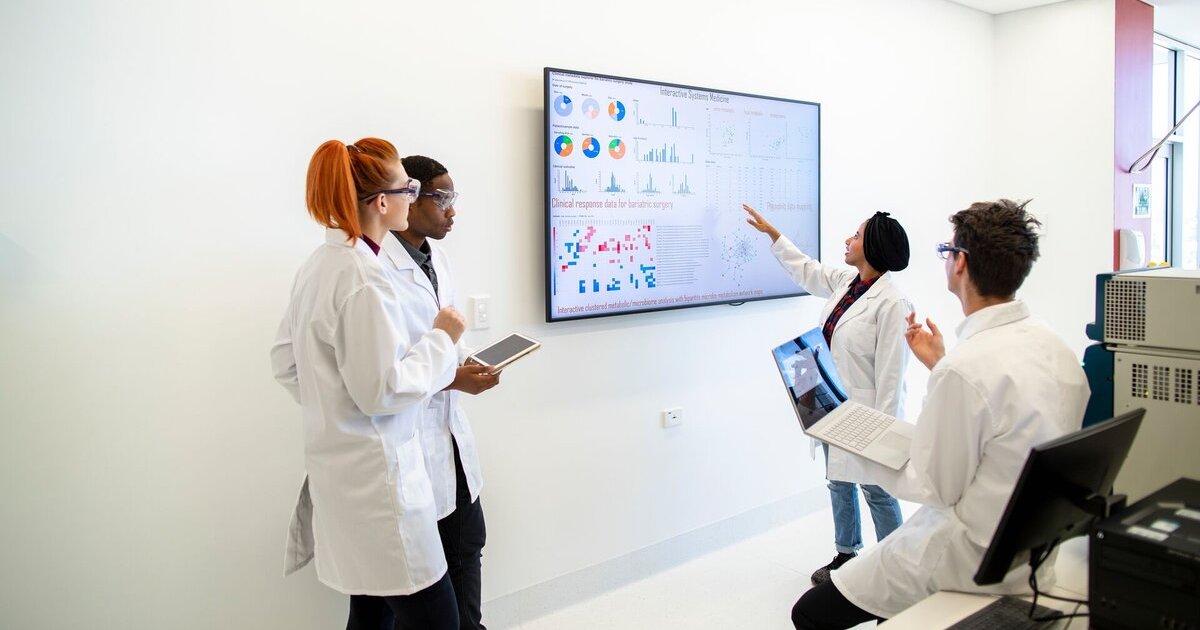
Melbournian institutions Peter MacCallum Cancer Centre and Swinburne University of Technology are leading a Digital Health Cooperative Research Centre project which will develop an AI-powered virtual platform for patients with genetic disorders.
According to a media release, the cloud-based platform known as GENIE will initially provide patients dealing with familial cancers and cardiac conditions with guidance on how to find specialist care, support for clinical and psychological issues, and updates on clinical trials.
Over the next two years, the partners will develop algorithms that will enable the platform to help genetic counsellors identify specific sub-group of patients at key life stages, or who are at risk of non-adherence to management recommendations. A stakeholder group will be organised to prioritise the features that will be incorporated in the development of the algorithms.
Additionally, clinical data to be collected from GENIE will be seamlessly integrated into a specialist Clinical Genetic Service (CGS) familial database.
The partners will later try out the online platform in a CGS setting at Peter Mac’s Parkville Familial Cancer Services Centre, led by a genetic counsellor digital care coordinator. They will also prepare a business case, business model, and market analysis to pave the commercialisation pathway for GENIE.
WHY IT MATTERS
More people with a high-risk predisposition for diseases are being identified with the improvement of genetic testing over the past years, noted Alison Trainer, a clinical geneticist at Peter Mac. “Identifying these patients is only the first step in reducing mortality and morbidity; equally important is making sure they can access world-class care for the rest of their lives,” she said.
Identification can be further supported with digital tools “to help our genetic counsellors respond quickly to individuals’ needs, providing ready access to the right information and support at the right time,” Trainer added.
Prem Prakash Jayaraman, director of the Factory of the Future and Digital Innovation Lab at Swinburne, agreed, saying that an “AI-based digital health platform can support early intervention by using genetic mutation data and advanced AI algorithms to automatically identify individuals at risk”.
Through triage, GENIE will allow time-sensitive clinical and psychological support to be delivered to the most clinically vulnerable people.
“We see this as an important step to bring precision medicine to genetic counselling,” commented Dr Stefan Harrer, DHCRC chief innovation officer.
THE LARGER TREND
Also aiming to improve the early diagnosis of rare genetic disorders, the Garvan Institute of Medical Research in Sydney recently partnered with Google Cloud to build what could be the largest genome data set in Australia. They will process a data set of about 14,000 genomes, which will be used by the Centre for Population Genomics, a joint venture between Garvan and the Murdoch Children’s Research Institute, to explore the distribution of genetic variation across populations and enhance the diagnosis of rare genetic disorders.


